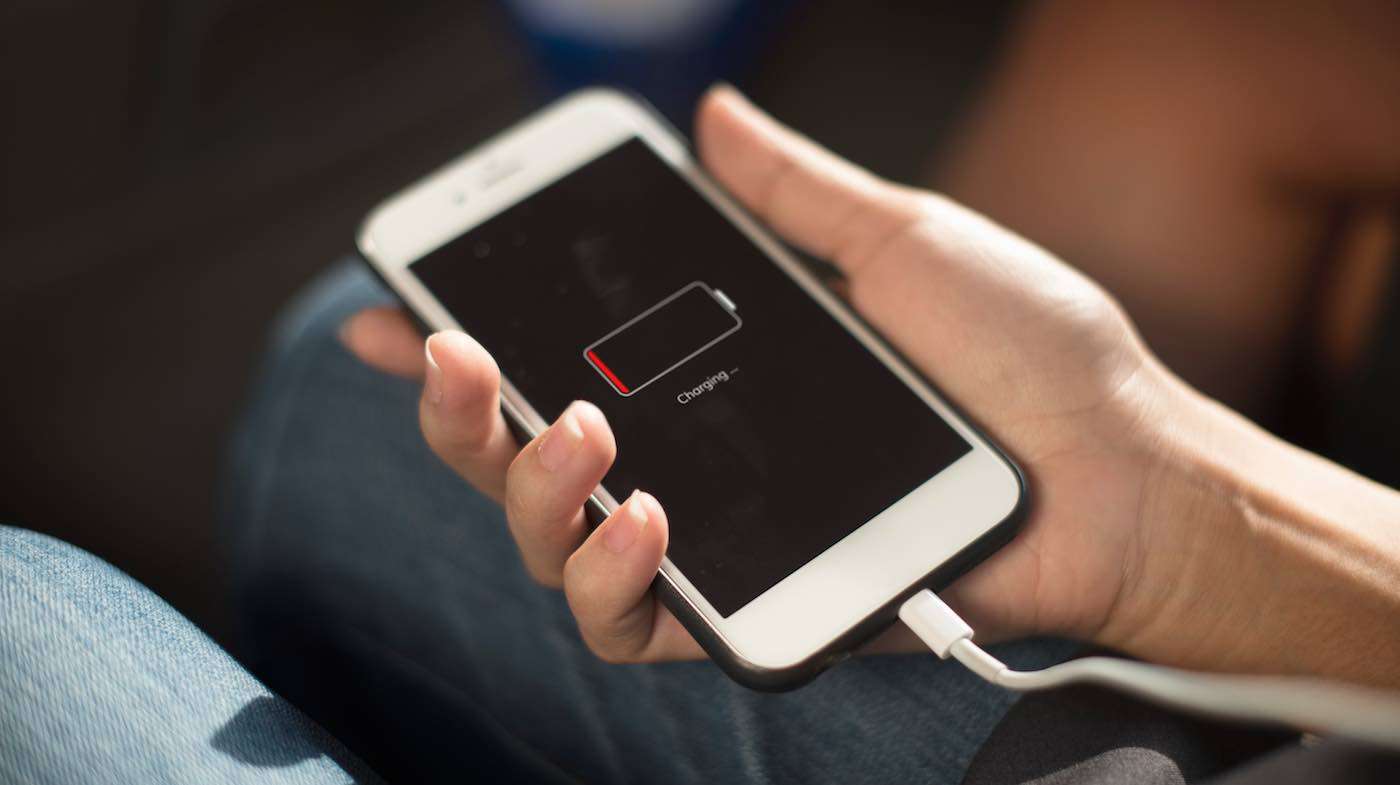New Chemical Process Converts Plastic Waste into Fuel, University Researchers Looking for Investors
The researchers behind the technology that turns plastic into fuel are looking for investors to implement the process on a mass-market scale.

Instead of ending up in a landfill, the plastic used in grocery bags may soon be powering our smartphones, according to new research.
Scientists from Purdue University have developed a procedure that converts the plastic into the carbon chips that are found in lithium batteries used to power portable electronics, toys, and medical devices.
The technique could solve the plastic recycling crisis while simultaneously boosting production of lithium batteries, which are being used in everything from chainsaws to electric cars with a growth rate that may soon cause shortages or price spikes.
Experts have long suspected polyethylene in plastic bags could be a cheap source of energy-storing carbon, but their previous attempts at conversion have either failed or required processes that are too expensive or complex.
According to research published in ACS Omega by Dr. Vilas Pol, a chemical engineer at the Indiana university, the problem has been solved with a simple and more efficient approach.
Pol and his colleagues say they have developed a method that creates carbon chips that can be used as anodes, which are typically made of graphite and serve as the negative electrodes used in these rechargeable batteries.
The team immersed polyethylene plastic bags into sulphuric acid and sealed them inside a chemical reactor. This heated the plastic to just below the melting temperature of around 150 degrees centigrade.
Dr Pol said: "This treatment caused sulphonic acid groups to be added so the plastic could be heated to a much higher temperature without vaporizing into hazardous gases."
When they removed the sulphonated polyethylene from the reactor and heated it in a furnace in an inert atmosphere, it became pure carbon. The researchers then ground the carbon into a black powder and used it to make lithium battery anodes.
"Many plastic bags are used only once and then disposed, ending up in landfills, oceans and elsewhere in the environment, where they can take hundreds of years to decompose," Pol said. "Globally, around 300 million tons of plastic were produced in 2013 to fulfill the growing demand.
"This novel upcycling approach totally gets rid of low and high density waste plastic bags by converting them into functional carbonaceous materials."
SHARE This Glorious Good News To Green Your Social Media Feed…
Be the first to comment